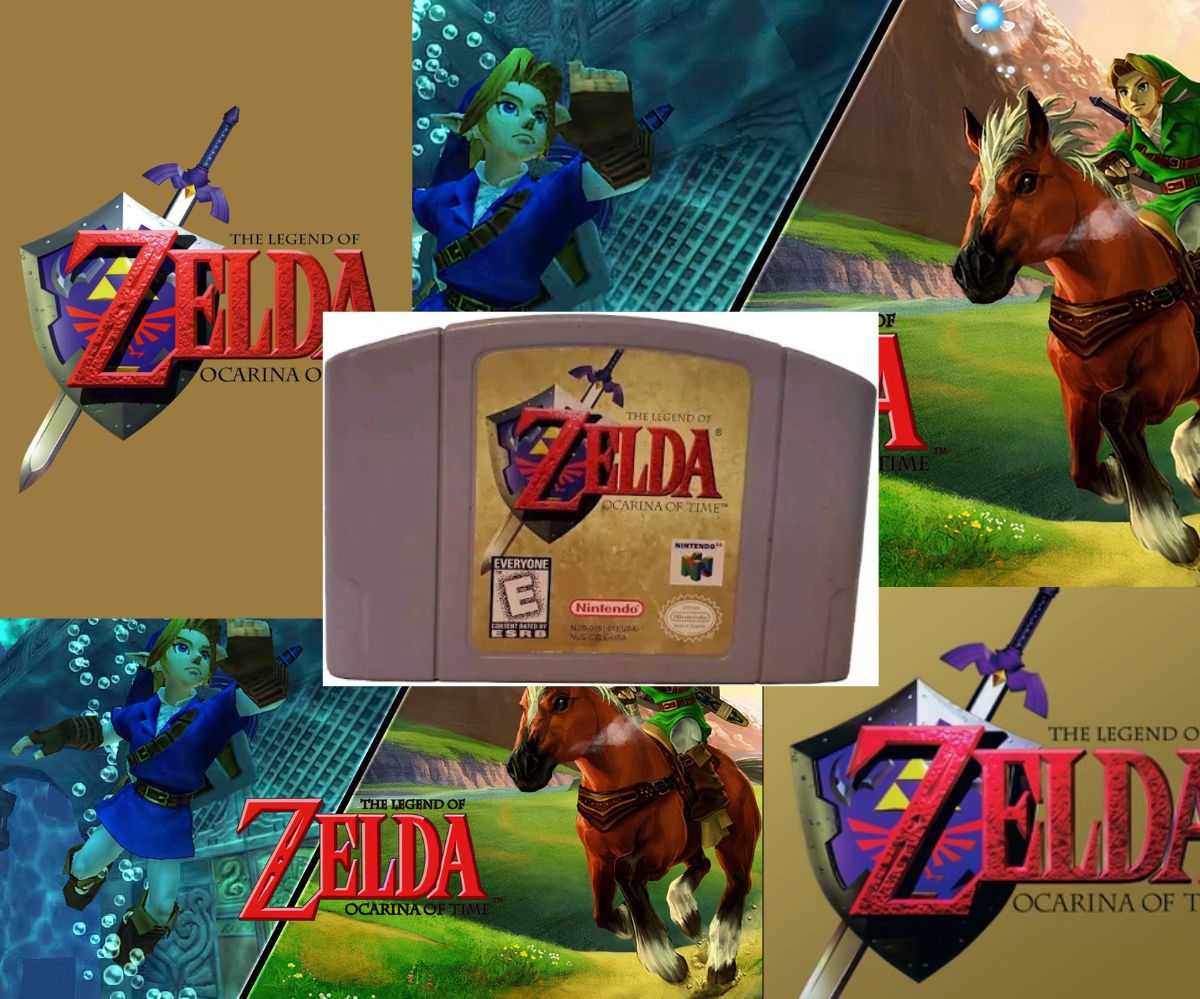The Legend of Zelda: Ocarina of Time is certainly an enjoyable game and a classic title that set many foundations for 3D video games, but it is nowhere close to being the greatest game of all time.
At the time of its release in 1998, Ocarina of Time was groundbreaking.
The game put the fan-favourite swordsman Link into a vast 3D world teeming with intricate dungeons to explore, villagers to save and secrets hiding around every corner. The game was, by any measure, very impressive for its time and became a clear inspiration for many future 3D titles by other publishers.
However, a piece of art’s legacy is not necessarily synonymous with its quality. While Ocarina of Time had a major impact on the gaming industry, it has been widely surpassed in grandeur by countless new games since its release in 1998.
Make no mistake, this isn’t an argument about the game’s graphics — such a claim would be obviously unfair given the advancement of technology since the game’s release nearly three decades ago. This is an argument about the game’s content itself, which would almost certainly not be considered the “greatest game of all time” if it had been released on more capable hardware today.
While the title of “greatest game of all time” can never be objectively measured, it often seems like Ocarina of Time’s biggest fans are looking at the game through nostalgic, rose-coloured glasses. It’s not uncommon to hear stories about children staying up all night exploring the land of Hyrule on their exciting new Nintendo 64 console, and while this nostalgia is perfectly valuable and worth holding onto, it shouldn’t be a factor when attempting to discern what games are the best based on their content alone.
There are several games that I feel nostalgic towards, yet I can admit as an adult that they are flawed and not always easy to recommend. If you’d asked me my opinion on 2007’s Super Paper Mario at the age of 10 years old, I’d likely have told you it was the greatest game money could buy. Years later, however, I can recognize the many flaws behind the game’s design philosophy that keep it from reaching truly great heights.
Importantly, that’s not to say I don’t enjoy that game anymore. It will always have a special place in my heart and it’s one I play fondly while feeling that same joy I felt over a decade ago. I simply recognize that not everyone is going to love it as much as I do.
That’s the problem when childhood fans call Ocarina of Time the greatest game ever. Your memories of it might be wonderful, and that’s a valid reason to hold the game in high regard. However, as someone who doesn’t have the towering bias that is childhood nostalgia clouding my view of the game, it’s easy to see many other games that have surpassed it in virtually every way.
Take the 2017 Zelda installment, Breath of the Wild, as an example. While no game can truly ever be considered “perfect,” it builds on many of the ideas created by Ocarina of Time by setting Link in a larger, more dynamic world for his adventure. Ocarina of Time certainly played a role in Breath of the Wild’s success, but I personally consider the latter to be a grander, more exciting and fun adventure.
Sure, there are parts of Ocarina of Time that outclass its distant successor, such as its more complex dungeons, but when looking at the two games in their entirety, it becomes fairly obvious that Breath of the Wild simply has a larger scope and a far more ambitious vision than its predecessor.
This isn’t meant to discredit the nostalgia felt by the generation who grew up playing Ocarina of Time. Nostalgia is a powerful drug, and it makes perfect sense for someone who grew up with Ocarina to love playing it time and time again.
There’s no shame in that.
However, when trying to judge games on their quality in comparison to each other, it should be acknowledged when nostalgia is a factor. It’s fair to love a game simply because you grew up playing it, but it’s unfortunate when you can’t acknowledge that a title played later in life was simply better. Maybe you don’t enjoy playing it quite as much without the feeling of childhood whimsy, but it’s okay to acknowledge when you’ve found a newer game that’s simply easier to recommend.
The Legend of Zelda: Ocarina of Time is an important landmark in the history of gaming and a fantastic game in its own right, but in the years since its release, video games have significantly developed as an art form and the game has been outclassed time and time again by a multitude of developers.
The game is without a doubt incredibly special, but it’s far from the greatest game ever released.

